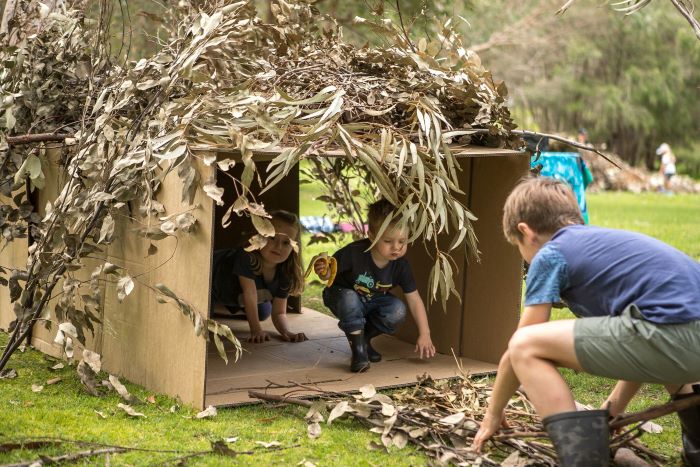I recently read some research from the UK that examined children’s play and generational differences in how play is viewed and valued. Like all things, social, cultural, and economic factors influence our views and experiences with play, whether they be as a child or parent. One common theme that emerged was that adults of all ages cherished childhood experiences of play characterised by an authentic sense of freedom.
We tend to look back on our childhood experiences and value the sense of freedom the most. This makes me wonder why we modern parents largely subscribe to what is known as the intensification of parenting.
This type of parenting seems to be the result of an ever-expanding set of demands around parenting that are under public and political scrutiny.
We (and I include myself) feel that we should sign our kids up for every opportunity possible and in doing so, often over-schedule them to the point where they don’t get the time to enjoy an authentic sense of freedom through play — the very thing that we loved about our childhood.
Unstructured or free play allows kids of all ages to explore their social, physical and imaginative skills. There does not need to be a focus or outcome for it to be valuable. In fact, the less focus and adult intervention, the more valuable it is to the child.
The best thing we can do for kids is to provide them with free play opportunities without adult surveillance and interference. Let them experience the authentic sense of freedom through play that many of us cherished as kids.
Do you remember the feeling of needing to tone down imaginative play when an older kid approached and ceasing all imaginative play when an adult entered the space like someone had pressed pause on the imaginary music? The best, most epic imaginative and physically challenging play occurs when there is no adult surveillance.
And generally, the kids don’t need us. Kids are pretty good at assessing risk when given the chance. The more chances they get, the better they get at it.
The best social interactions, boundary setting, kindness and inclusivity amongst kids also happens when they are allowed to do it without adults.
We adults often forget this and instead focus on our own concerns around exclusion and risk and intervene, set rules, suggest what to play and how to play it.
When we do this, we deny our kids the opportunity to use and develop important skills. Our involvement in their play also inevitably dulls it.
The truth is that adults don’t have the same play superpowers as kids and our play ideas cannot (by the simple fact of our involvement) offer the authentic sense of freedom that child-led play can.
This isn’t to say that we don’t have a role. We have a very important role in introducing play opportunities, in encouraging kids to play in big, bold and risky (not dangerous) ways, in being available if they need us, and in allowing the time.
Really good play takes time to get going and we need to give kids this time – whether it be at home, at school (recess and lunch time isn’t long enough for this) or in childcare settings.
With the weather warming up and the daylight increasing, now is the perfect time to start looking for opportunities to give kids the ultimate childhood experience — long stretches of play with an authentic sense of freedom.

